
Date added
22.07.2023
The Handy Dozen: 12 Brilliant Frameworks for Cross-Platform Mobile App Development
Time to read: 6 min
Digitalisation
A mobile app development framework plays a crucial role in facilitating and expediting the application development process. Over the past few decades, the demand for such frameworks for mobile app development has experienced significant growth, owing to the vital need for businesses to establish a mobile presence to thrive. With the increasing prevalence of mobile devices, companies that prioritize mobile technology have effectively captured the interest of the growing mobile community, thereby influencing the global landscape.
According to the latest State of Mobile 2023 Report by data.ai, the mobile industry has witnessed remarkable achievements, with 255 billion downloads of mobile services and over 485,000 apps being downloaded every minute worldwide. Furthermore, daily mobile usage in the leading mobile-first markets has reached 5 hours per day. In line with this growth, mobile ad making $362 billion in 2023.
In this article, we will look at the top 12 cross-platform frameworks that you need to pay attention to if you don't want to get lost among your competitors in the market.
What Is a Cross-Platform Mobile
App Development Framework?
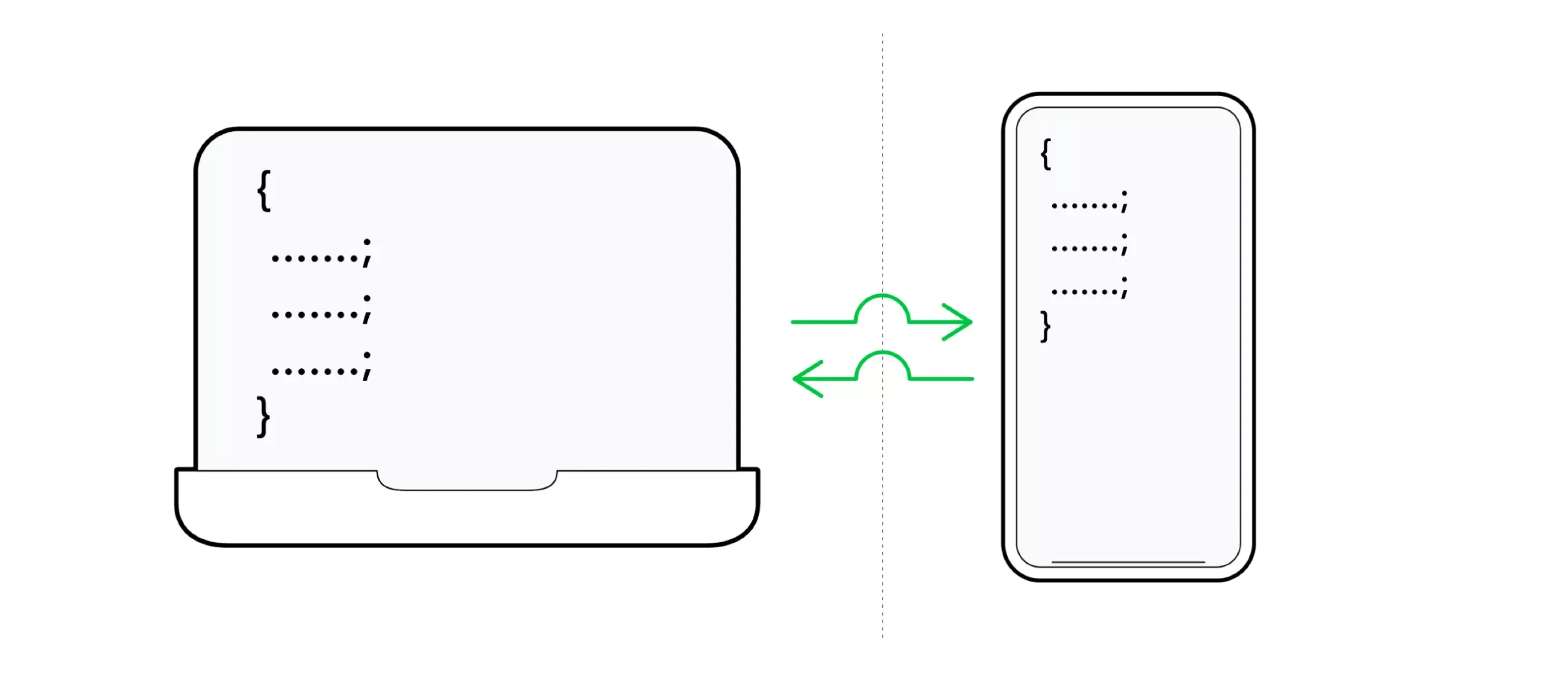
Cross-platform application frameworks for mobile app development serve as essential tools for developers when they create applications compatible with multiple platforms. Unlike native frameworks, cross-platform frameworks for mobile app development empower developers to efficiently build applications using a single codebase, which can be seamlessly deployed across various platforms, including Android, iOS and Windows. Minor adjustments may be necessary during the cross-development process to ensure optimal performance on each of them.
The concept of cross-platform mobile app development emerged as a response to the increasing diversity of operating systems and devices in the late 20th century. During this era, software developers faced a significant challenge in creating applications that could run across multiple platforms without the need for extensive changes or rewriting of code. As a result, the need for efficient and standardized solutions became evident.
In the late 1990s, several pioneers began experimenting with cross-platform mobile app development frameworks to streamline the process of building applications for different operating systems. Notable examples include widgets, Qt and Java, each introducing their own approach to solving the cross-platform dilemma. These frameworks for mobile app development allowed software engineers to write code once and deploy it across various platforms, significantly reducing development time and effort. With the rise of the Internet, web technologies emerged as a powerful force in cross-platform cross-development. HTML, CSS and JavaScript became the de facto standards for building web applications, inherently offering cross-platform compatibility. Developers leveraged this advantage to create web apps that could run on any device with a compatible web browser, making them accessible to a wider audience.
What Are The Best Frameworks
For Developing Cross-Platform Mobile Apps?

1. Flutter
Google unveiled Flutter, a remarkable cross-platform application framework, in 2017. This software development kit (SDK) was specifically designed to speed up the development process of Android and iOS applications. Additionally, it serves as a foundational tool for creating Google Fuschia apps.
Flutter excels at providing a seamless and dynamic experience for applications, as it enables them to run effortlessly on multiple platforms while maintaining consistency. Its exceptional capabilities have positioned it as the preferred choice among developers seeking an efficient cross-platform mobile app development framework.
React Native
Have you ever pondered the suitability of React Native for mobile app development? React Native, an open-source and cross-platform framework developed by Facebook, enables the creation of iOS and Android applications with native user interfaces. By employing JavaScript for application logic, React Native bypasses the common compromises often associated with HTML5-based user interfaces.
By leveraging React Native, developers can effortlessly construct cross-platform applications using consistent UI components and a unified codebase. Furthermore, it can be seamlessly integrated into existing Android and iOS apps or utilized to build new cross-platform applications from scratch.
3. Ionic
Ionic is a well-known and widely used cross-platform app framework that leverages the power of AngularJS. This framework empowers developers to harness a blend of leading programming languages such as HTML5, JavaScript and CSS, while seamlessly integrating with the Cordova wrapper to access native platform controllers.
By employing the capabilities of Ionic, developers gain the ability to craft immersive user interfaces that exude creativity, all while seamlessly incorporating user-friendly features into their applications. The resulting apps exhibit a high degree of interactivity and possess a native-like experience, which also makes Ionic an exceptional choice for Progressive Web App (PWA) development.
4. NativeScript
NativeScript is an exceptional and cost-effective cross-platform framework rooted in JavaScript. It is widely regarded as a favored solution among software engineers seeking Write Once, Run Anywhere (WORA) capabilities.
Moreover, NativeScript grants developers access to a comprehensive set of native APIs, empowering them to seamlessly integrate pre-existing plugins from the NPM repository into their projects.
5. RhoMobile
RhoMobile is an all-inclusive framework for mobile app development, based on Ruby, that empowers the creation of cross-platform mobile applications. Thanks to its versatility, it enables the development of native apps compatible with various mobile platforms such as Windows Mobile, Symbian, Android, iOS and RIM. The framework stands out for seamlessly incorporating advanced features of mobile devices, ensuring optimal performance.
One of the notable advantages of RhoMobile is its centralized coding approach, which allows developers to write code once and deploy it across multiple platforms. This aspect greatly facilitates the efforts of aspiring developers, providing them with a supportive environment to enhance their skills. Moreover, RhoMobile stands out from its competitors by offering exclusive add-on features that are only available to its users.
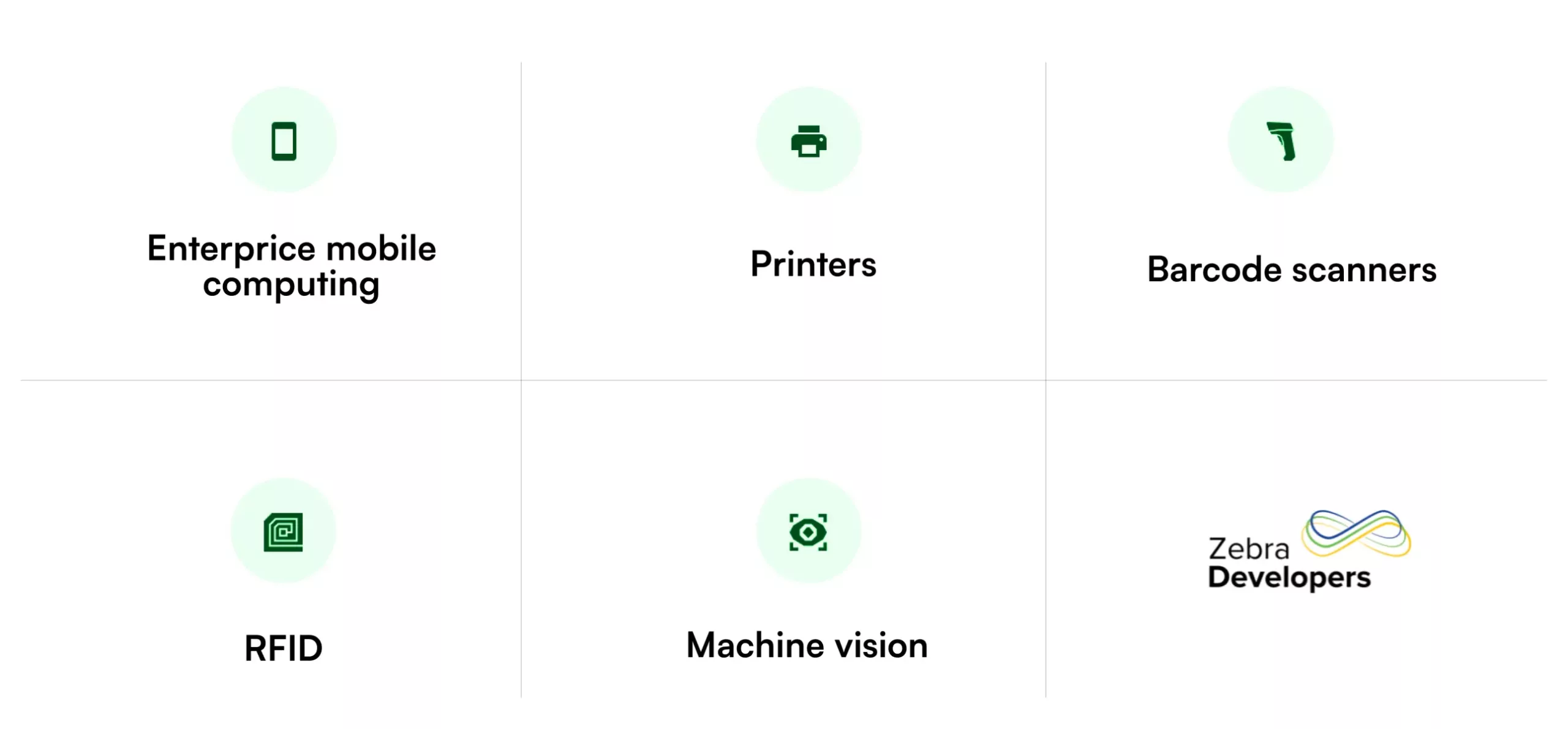
6. Django
Django, a mature Python web framework, empowers efficient backend development with its high-level features and pragmatic design. It embraces the Model-View-Controller (MVC) architectural pattern, which streamlines the creation of web applications by minimizing the need for redundant code. An integral component of Django is its Object-Relational Mapping (ORM) capability, which facilitates seamless manipulation of objects through default admin interfaces, including the operations of addition, deletion, modification and querying.
One of Django's notable strengths lies in its extensive support for multiple databases, including PostgreSQL, MySQL, SQLite, and Oracle. This compatibility gives developers the flexibility to seamlessly transition between different database systems as per their project requirements.
7. Node.js
Node.js is a remarkable framework known for its ability to facilitate the creation of cross-platform applications. Essentially, it functions as a JavaScript runtime framework, leveraging the power of the Chrome V8 JavaScript engine. As an open-source environment, it offers extensive support for the cross-development of scalable networking applications on the server side. Notably, Node.js cross-platform applications exhibit exceptional efficiency and responsiveness.
Moreover, this framework can handle multiple concurrent connections seamlessly. Furthermore, it boasts a vast collection of JavaScript modules that greatly simplify the web application cross-development process.
8. Firebase
Firebase is a powerful cross-platform mobile app development framework explicitly designed to enhance the backend infrastructure of mobile applications. Created by Google, this cutting-edge platform enables the rapid cross-development of top-notch mobile apps while facilitating business expansion. Whether you are an Android or iOS developer, Firebase offers a comprehensive backend solution for your application.
In the ever-evolving landscape of mobile application cross-development, it is crucial to stay ahead of the curve and capitalize on lucrative opportunities. As we head to 2023, investing your time and efforts in mastering Firebase proves to be an excellent strategic move.
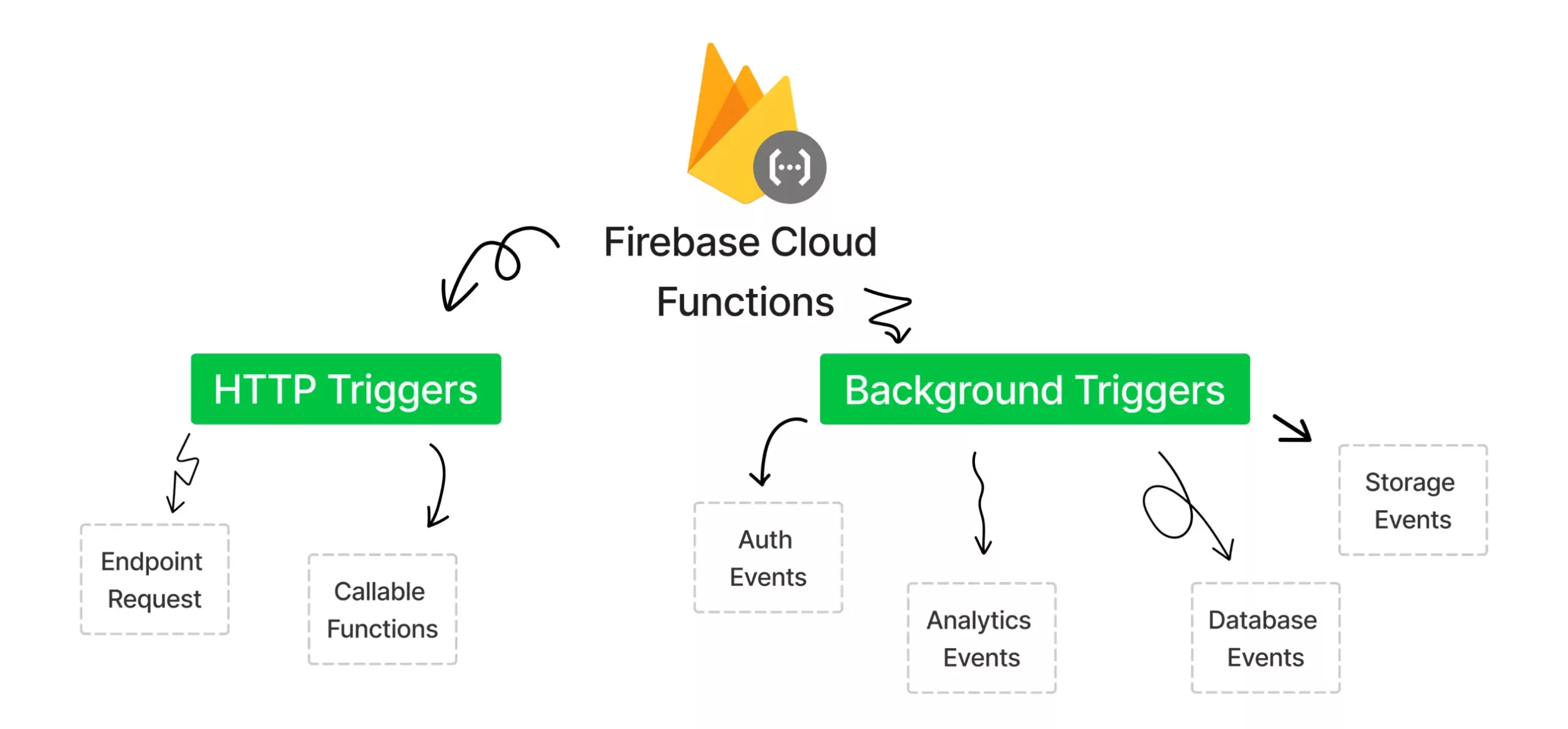
9. Laravel
Laravel is a cutting-edge and developer-centric backend framework designed specifically for the cross-development of web applications, adhering to the widely-accepted Model-View-Controller (MVC) architectural pattern. With its comprehensive range of features and advantages, this framework has gained significant popularity among renowned global entities such as Asana, Alibaba and 9GAG.
Based on PHP, Laravel offers a sophisticated and expressive syntax that empowers developers to produce concise and easy-to-understand code. Through its extensive collection of built-in functions and expressive syntax, Laravel showcases its remarkable capabilities, often referred to as “Laravel Magic,” by seamlessly streamlining essential aspects such as routing, database queries, and authentication. The framework prioritizes simplicity, elegance and readability, thereby enhancing the cross-development process.
10. PhoneGap
PhoneGap is a highly proficient cross-platform framework utilized in mobile development, harnessing the power of CSS, JavaScript and HTML5. It also presents developers with a cloud-based solution, granting them the flexibility to share their applications during the development phase to obtain feedback from peers.
This framework for mobile app development excels at creating exceptional applications by leveraging preexisting web technologies. An additional noteworthy benefit of PhoneGap is its comprehensive support for built-in device features, including but not limited to GPS, Camera, Phonebook, and Storage.
11. Solar 2D
Solar 2D empowers developers to create high-quality 2D mobile applications that run seamlessly across major platforms, including Kindle and Windows. With its exceptional performance, the framework accelerates mobile and gaming app development by a factor of 10. This remarkable achievement is attributed to the backend framework's robust reliance on Lua, a lightweight and versatile programming language. Lua prioritizes key cross-development aspects such as speed, portability, extensibility, scalability, and user-friendly implementation.
Moreover, Solar2D is a free framework that operates efficiently on both Mac OS X and Windows, making it easy for developers to test in real time.
12. Xmarin
Xamarin is cross-platform app development frameworks that is a quite different from the previously discussed platforms. It serves as a streamlined environment utilized for the cross-development of Android, Windows and iOS applications, leveraging the capabilities of C# and .Net, rather than JS libraries and HTML.
Xamarin effectively delivers applications that possess aesthetic qualities akin to native apps, thanks to its exceptional APIs.
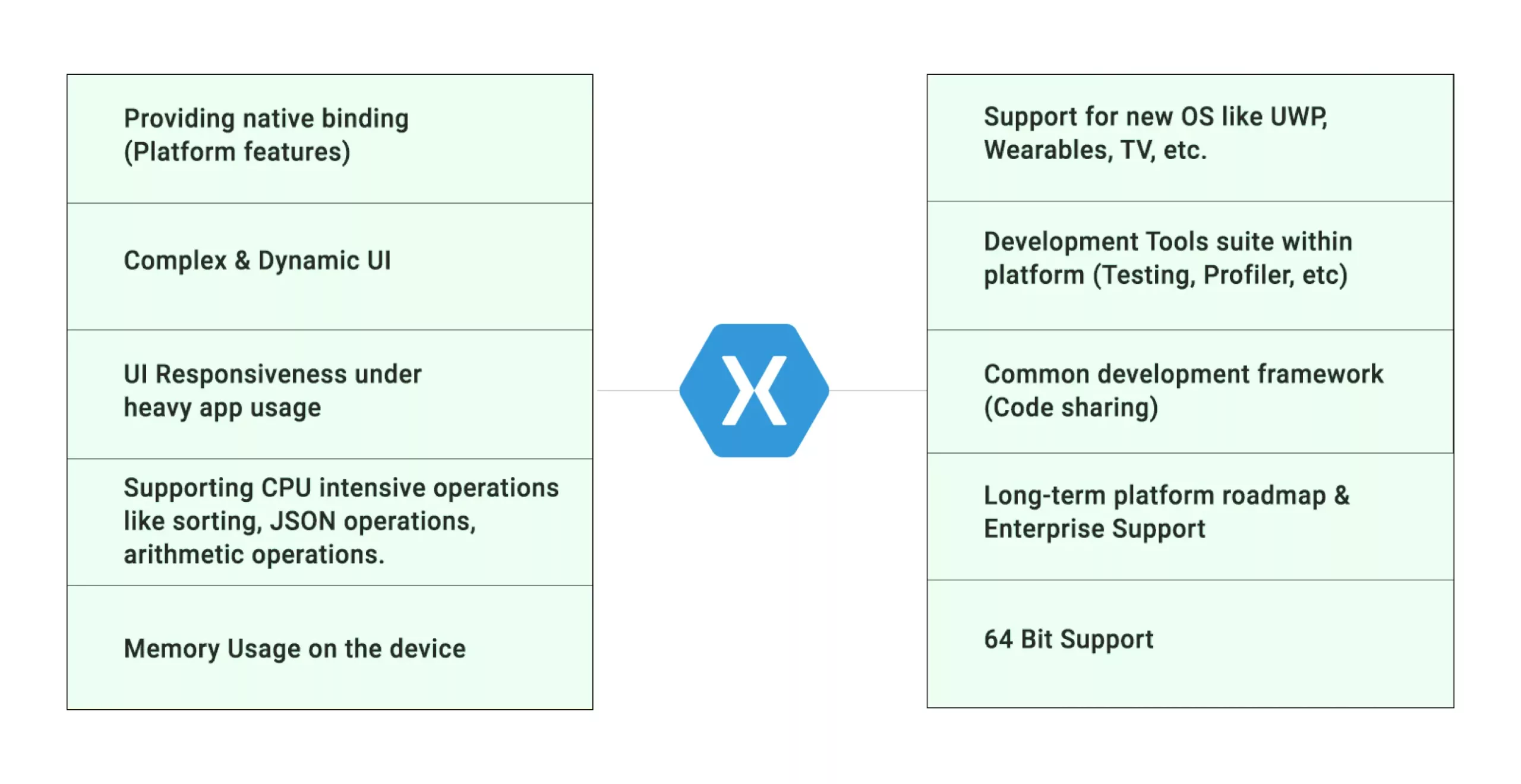
What Are the Benefits of Cross-Platform Frameworks?
Cross-platform application cross-development presents advantages that should be carefully considered before embarking on a development project
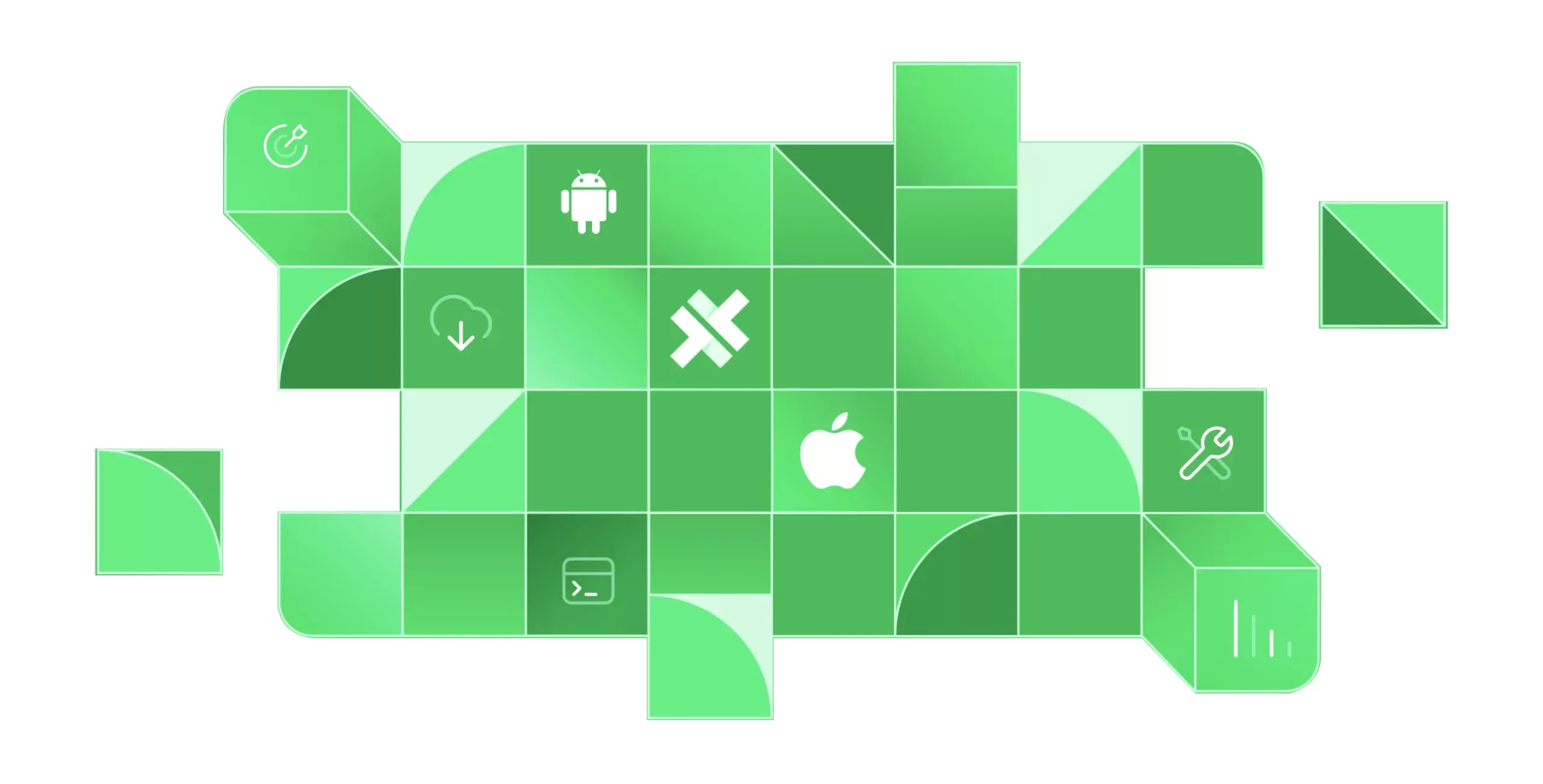
Maximum Exposure to the Target Audience
Adopting a cross-platform mobile development approach enables the construction and deployment of applications across multiple platforms, including the web. By building a single application, businesses can effectively target both iOS and Android, thereby expanding their reach.
Reduced Development Cost
Cross-platform mobile app development application development follows the principle of “write once, run anywhere.” Reusable code and agile cross-development tools can significantly reduce cross-development costs. Therefore, when seeking a cost-effective means to enhance business presence on multiple platforms and devices, these frameworks are often the preferred choice.
Reusable Code
An advantage of cross-platform development is the ability to reuse code. Instead of creating new code for each platform, developers can utilize a single code base. This saves time and eliminates redundancy in the coding process, conserving valuable resources.
Easier Maintenance & Deployment.
With only one application developed to run across all platforms, maintenance and deployment become easier. Code updates can be swiftly synchronized across platforms and devices, saving time and money. Furthermore, if a bug is discovered in the shared codebase, it only needs to be fixed once, providing significant efficiency gains in terms of time and resources
Easy Integration with Cloud
Cross-platform development mobile applications seamlessly integrate with various plugins and extensions available in cloud environments. The unified source code can be enhanced with different plugins to improve the application's scalability and functionality, ensuring compatibility and maximizing the benefits of cloud integration.
In a Nutshell
The mobile app development industry is thriving, and developers have an abundance of frameworks to choose from when it comes to cross-platform development. The twelve frameworks mentioned in this article offer a wide range of features and capabilities, catering to the diverse needs of developers and businesses alike.
Whether it's React Native's flexibility, Flutter's beautiful UI or Xamarin's integration with Microsoft technologies, each framework has its unique strengths and advantages. The key takeaway is that developers no longer need to limit themselves to a single platform when building mobile apps. Cross-platform frameworks empower them to reach a broader audience and save valuable time and resources.
Craft your cross-platform mobile app with 111 Minutes.
Our seasoned developers will deliver
you the best product tailored to your needs and goals.
You find this article interesting ?
